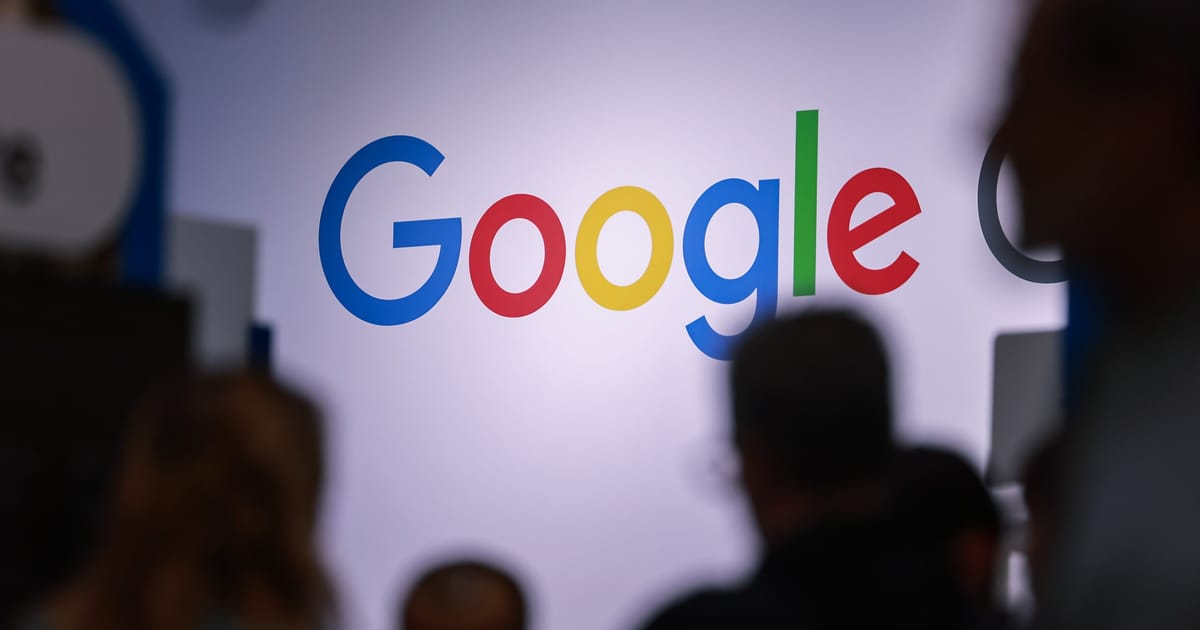

In a decisive move aimed at fostering a more equitable digital market, the European Union has imposed a substantial fine on Google, amounting to €2.95 billion, due to its misuse of market dominance in the adtech sector. This decision reflects the EU’s commitment to maintaining competitive fairness and encouraging transparency across digital platforms.
The European Commission, representing the EU’s executive arm, has provided Google a period of 60 days to propose remedial measures. The Commission has emphasized its preference for divestment, suggesting that Google may need to consider selling parts of its digital advertising business to restore competitive balance to the market. This strategic advice is intended to mitigate the influences that have hindered fair play within the digital advertising space.
This ruling underscores the ongoing debate and renewed efforts by regulatory bodies within the EU to address antitrust issues in the technology sector. By drawing a firm line, the European Commission aims to temper the overwhelming influence large tech companies currently exert on the global stage, particularly in digital advertising.
Despite the intensity of this regulatory action, it comes in the backdrop of complex international trade dynamics, heightened by trade policy stances expressed by other global leaders, including those from the United States. Nevertheless, the EU’s decision underscores its steadfast commitment to prioritizing competitive integrity within its markets, a stance which has been applauded by advocates for market fairness.
This action against Google is nested within a broader framework of regulatory vigilance as the EU continues to monitor the activities of influential tech giants. The aim is to prevent monopolistic behaviours that can stifle innovation and limit choices for consumers. It also seeks to protect smaller market players who might otherwise be edged out by the overwhelming scale and reach of global tech conglomerates.
As Google seeks to align with the Commission’s directives, this development paves the way for a potentially transformative period in digital regulation. The EU’s decision is likely to serve as a precedent, influencing regulatory frameworks in other jurisdictions and encouraging a re-evaluation of digital advertising practices worldwide.
Meanwhile, in related economic developments within Europe, the financial sector is witnessing significant movements as the CNMV, Spain’s National Securities Market Commission, approved a public offer from BBVA to acquire Sabadell. This approval clears the path for Sabadell’s shareholders to make their final decision regarding the acquisition offer.
BBVA, under the guidance of CEO Carlos Torres, has maintained the initial offer price, showcasing confidence in its valuation and acquisition strategy. This potential merger stands to create a more robust financial entity, enhancing BBVA’s strategic position in the Spanish and international banking landscapes.
The confluence of these developments highlights a pivotal moment within the European economic environment, driven by both regulatory measures and strategic corporate maneuvers. As the digital and financial sectors continue to evolve, these actions reflect an overarching shift towards greater accountability, fairness, and strategic adaptation in an increasingly connected world.
In closing, the EU’s fine on Google, coupled with dynamic shifts in the financial sector, encapsulates a period of noteworthy transformation. As organizations navigate these waters, maintaining a balance between innovation and regulation remains crucial to fostering healthy economic growth and stability. Observers and stakeholders alike watch closely, anticipating further impacts and adjustments in the evolving global market landscape.
Source: {link}
